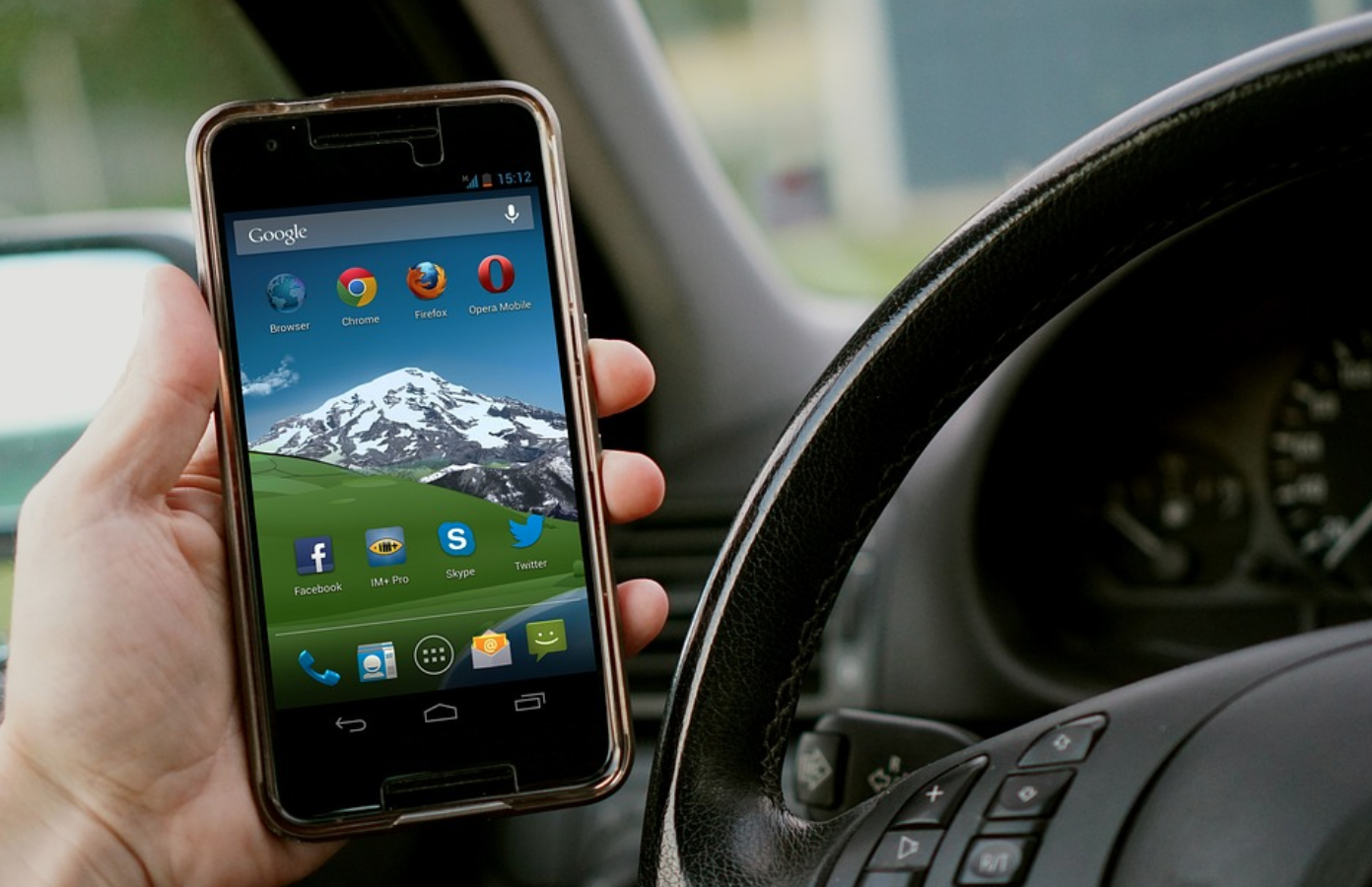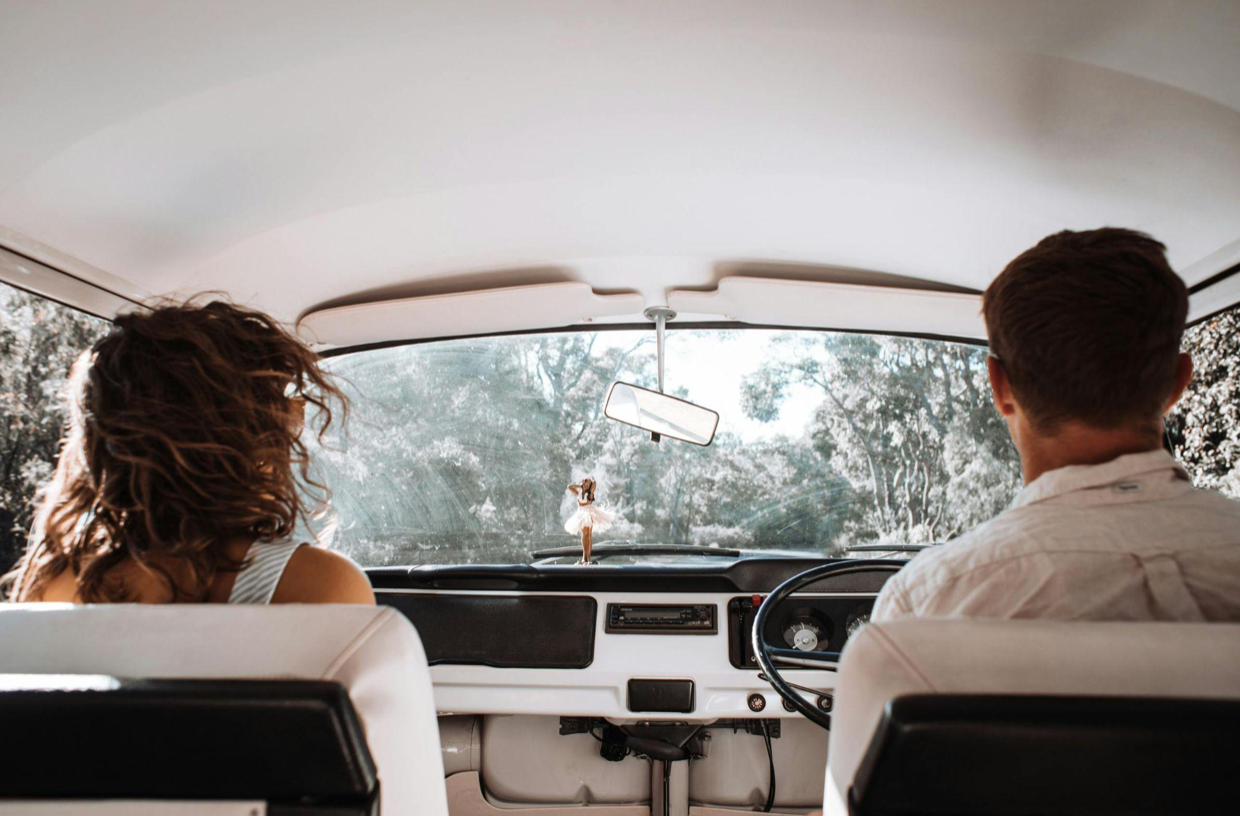While drivers are typically held responsible for car accidents, passengers can also be held liable under certain circumstances.
Car accidents are usually attributed to driver error, road conditions, or vehicle malfunctions. However, there are instances where passengers might contribute to or even cause an accident. Understanding the circumstances under which a passenger can be held liable is crucial for all parties involved. This article explores the legal implications of passenger liability in car accidents in Virginia Beach.
The Role of a Car Accident Lawyer
If you find yourself involved in a car accident where passenger behavior might be in question, consulting a car accident lawyer in Virginia Beach is essential. Legal professionals specializing in car accidents can provide valuable guidance and help determine liability, ensuring that your rights are protected and that you receive fair compensation if applicable.
Understanding Passenger Liability
Typical Passenger Behavior
Passengers are generally considered non-liable parties in car accidents because they do not have control over the vehicle. However, specific behaviors and actions by passengers can potentially contribute to or cause an accident. These actions include:
- Distracting the Driver: Engaging the driver in conversation, playing loud music, or causing commotion inside the vehicle.
- Interfering with the Vehicle’s Operation: Grabbing the steering wheel, manipulating controls, or obstructing the driver’s view.
- Encouraging Reckless Driving: Urging the driver to speed, take risks, or ignore traffic signals.
Legal Basis for Passenger Liability
Passenger liability in car accidents is rooted in the concept of negligence. If a passenger’s actions can be proven to have directly contributed to the accident, they may be held partially or fully liable. This determination depends on several factors, including the nature of the passenger’s actions and the degree of influence they had on the driver’s behavior.
Examples of Passenger Liability
Distracting the Driver
One of the most common ways passengers can cause an accident is by distracting the driver. Distractions can be visual, manual, or cognitive. If a passenger is engaging in behavior that takes the driver’s focus off the road, such as arguing, showing the driver something on a phone, or creating a loud and disruptive environment, they could be held liable if their actions lead to an accident.
Physical Interference
Physical interference with the vehicle’s operation is another serious form of passenger negligence. Examples include:
- Grabbing the Steering Wheel: A passenger grabbing or jerking the steering wheel can cause the driver to lose control of the vehicle, leading to an accident.
- Manipulating Vehicle Controls: Passengers tampering with the gear shift, brakes, or other controls can result in dangerous driving conditions.
Encouraging Reckless Behavior

Passengers who encourage or incite reckless driving behaviors also risk being held liable. If a passenger urges the driver to speed, run a red light, or engage in other risky behaviors, and an accident results, the passenger may share liability for the incident.
Legal Process for Determining Liability
Investigation and Evidence Collection
Determining passenger liability involves a thorough investigation of the accident. Key steps in this process include:
- Collecting Witness Statements: Eyewitnesses can provide valuable accounts of the passenger’s behavior leading up to the accident.
- Reviewing Police Reports: Law enforcement reports often include details about the actions of all parties involved, including passengers.
- Analyzing Video Footage: Surveillance cameras or dashcams can capture the behavior of passengers and drivers before and during the accident.
- Examining Physical Evidence: Any physical evidence, such as fingerprints on the steering wheel or controls, can support claims of passenger interference.
Legal Representation
Given the complexity of proving passenger liability, having legal representation from a car accident lawyer in Virginia Beach is crucial. An experienced attorney can help gather and present evidence, navigate legal proceedings and advocate on behalf of their client to ensure a fair outcome.
Potential Consequences for Passengers
Civil Liability
Passengers found liable for contributing to a car accident can face civil liability. This means they may be required to compensate victims for damages, including medical expenses, property damage, lost wages, and pain and suffering. The extent of liability will depend on the degree of negligence attributed to the passenger.
Criminal Charges
In extreme cases, if a passenger’s actions are deemed reckless or malicious, they could face criminal charges. This is more likely if the passenger’s behavior involved intentional harm or severe negligence that resulted in significant injury or death.
Preventive Measures for Passengers
Staying Calm and Focused
Passengers should always strive to maintain a calm and supportive environment within the vehicle. Avoid engaging in behavior that could distract or stress the driver. Keeping conversations light and non-distracting can help the driver maintain focus on the road.
Respecting the Driver’s Role
Understanding that the driver is responsible for safely operating the vehicle is crucial. Passengers should avoid any actions that interfere with the driver’s ability to control the vehicle. If necessary, passengers can offer assistance in non-distracting ways, such as navigating or adjusting climate controls.
Encouraging Safe Driving
Passengers play a role in promoting safe driving habits. Encouraging the driver to adhere to speed limits, follow traffic laws, and take breaks if they are tired can contribute to a safer driving experience for everyone in the vehicle.
Conclusion
While drivers are typically held responsible for car accidents, passengers can also be held liable under certain circumstances. Distracting the driver, physically interfering with vehicle operation, or encouraging reckless behavior can all lead to passenger liability. Understanding these potential liabilities and consulting a car accident lawyer in Virginia Beach can help navigate the legal complexities of such cases. Both drivers and passengers should work together to ensure a safe driving environment and prevent accidents caused by negligence or distraction.


Join the conversation!